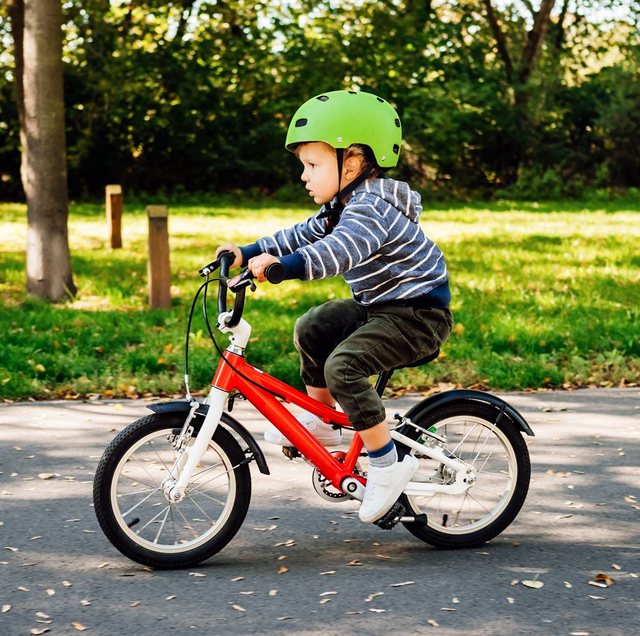
It is National Bike Week and the transport news is dominated by escooters. On Monday next, they finally become legal in Ireland, albeit with a range of restrictions that would never be countenanced for motor vehicles. The five kg of an escooter seems to elicit more fear in the Road Safety Authority than the two-thousand kg of an electric SUV.
Not as much coverage has been given over to the life-threatening injuries inflicted by a motorist on a commuter travelling on one of those scooters by a motorist in Dublin city-centre very early this morning.
This prompts us to recall one of the most obvious theological points that we can make about contemporary transport. There is a core ethical principle in Christian thinking called “the preferential option for the poor“. It holds that while God regards all of his creatures, his thinking turns primarily towards those who are marginalised and oppressed. “I have heard the cries of the slaves,” YHWH tells Moses at the beginning of Exodus.
We can often identify who has the “preferential option” in any institution or system based on who has the influence, who gets heard first, who takes priority when it comes to decision making.
It is hard not to conclude that motorists get the preferential option in Irish transport. The largest amount of funding goes to roads. Extensive subsidies soften the cost of fuel. Parking provision is central to all planning considerations (and parking violations are largely unpoliced).
But ethically, the hierarchy should be inverted. The first modes of transport to be considered should be the most vulnerable. This is actually something that the UK government has recognised and they have created a new order of priority in their Rules of the Road that gives the greatest emphasis to pedestrians and cyclists. The moral force of this argument is undeniable: “those who can do the most harm have the greatest responsibility to reduce risks to other road users.”
Inas Rashad Kelly is a health economist who wrote an influential paper on the unacknowledged benefits of cycling almost 20 years ago. It opens with a quotation from the cycling advocate John Forester: “Inferior legal status for cyclists turns cyclists into the lepers of the roads.” There is a technical term for when we cannot protect the most vulnerable people in our society. It is: injustice. Finding a way to give a preferential option to the road users most at risk – pedestrians and those in wheelchairs, cyclists, horses – does not mean not caring about other road users. It just means making sure we have our priorities right.
There is a cure for road leprosy. We should implement it.

